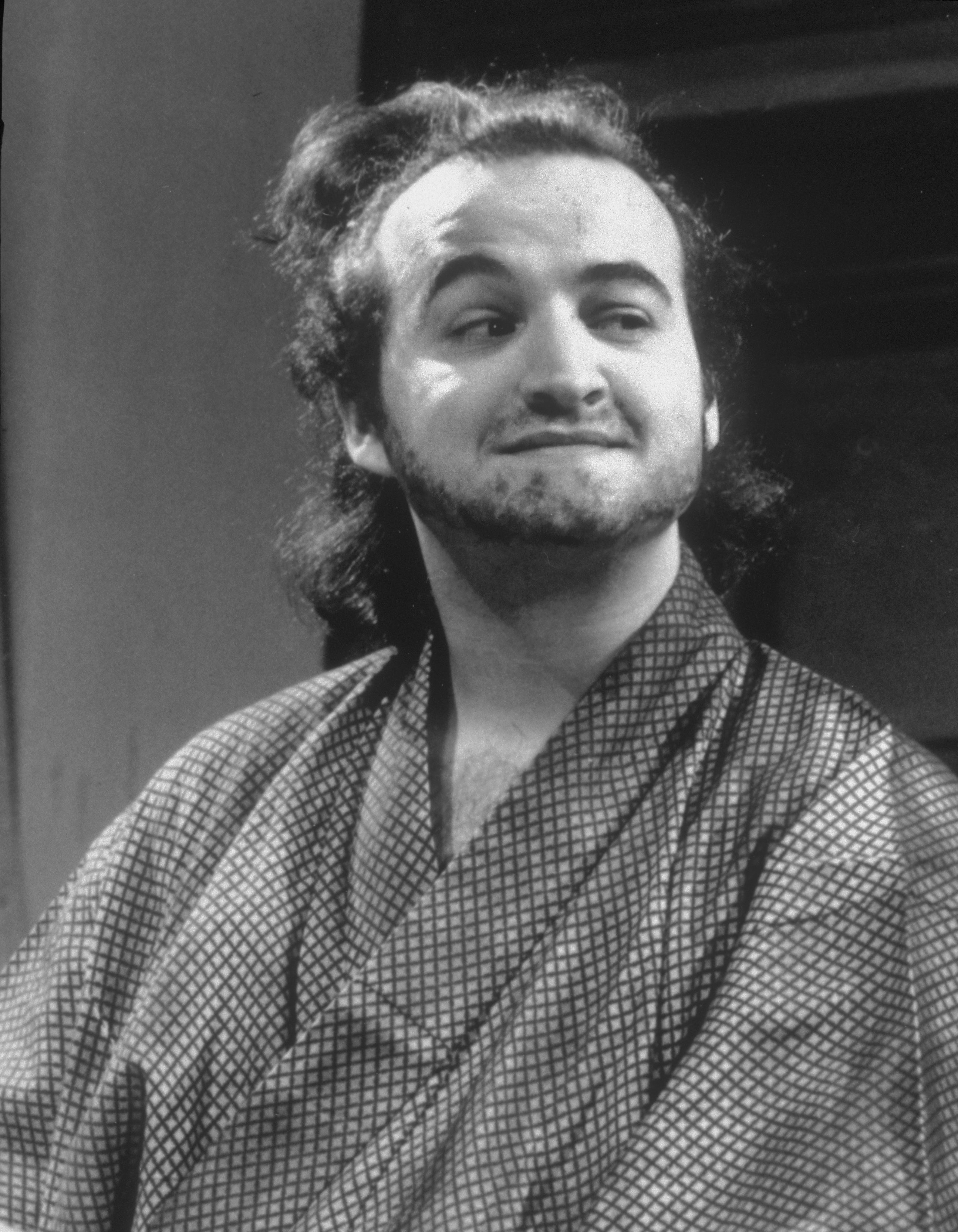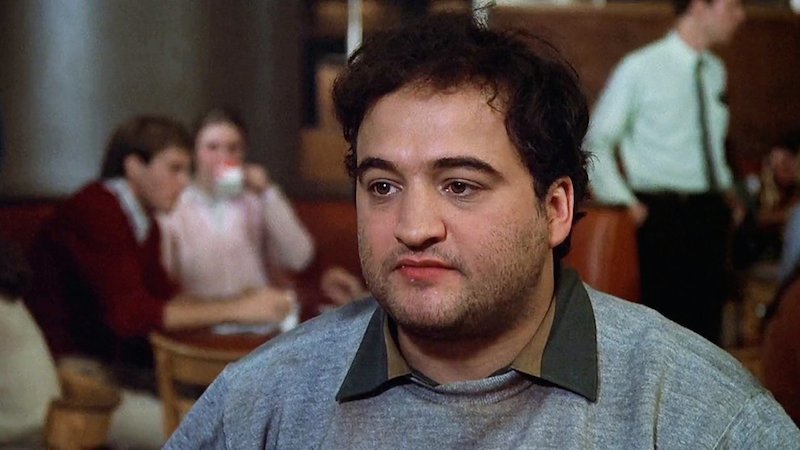

“I could live with those odds,” Michaels says dryly. There’s an unsettling scene in the documentary when Belushi’s health had deteriorated so much that a doctor tells Michaels that if the comedian performs on the show that week, his chances for survival would be 50-50. Lorne Michaels originally didn’t want to hire him, and one gets the sense that after Belushi’s stint, the balance of power between producer and star of “Saturday Night Live” would never be the same again. Cutler (“ The September Issue”) is the first portrait that vividly humanizes Belushi while remaining cleareyed.īelushi was a television star who said he disliked television. That controversial book still looms over Belushi’s legacy, and while there have been several attempts to fill out his story, including a memoir by his widow that fixates on Woodward, a new movie by the documentary veteran R.J.
#John beloushi movie s series
It reads like a series of “Behind the Music” episodes transcribed by an accountant. Two years later, Bob Woodward took a rare foray outside politics to release a book about Belushi, “Wired,” an oddly clinical, coldly lurid best seller that focused on the star’s debauched final days.
#John beloushi movie s full
1 album, “Briefcase Full of Blues.”Īnd yet, the wild successes of his life have still been partly overshadowed by his shockingly abrupt death, of a drug overdose at the age of 33 in 1982. At the height of his fame, in the late 1970s, he eclipsed even Steve Martin and Robin Williams by starring in the top-rated new phenomenon, “Saturday Night Live” and what was then the highest grossing film comedy ever, “Animal House,” while his band, the Blues Brothers, had the country’s No. This film should be examined by future filmmakers as an example of how what seems like all the wrong ingredients can make a positive and an unforgettable piece of cinema in the end.In his brief six years on the national stage, no comic was more popular than John Belushi.

It's like `Who's Afraid Of Virginia Woolf' on acid or something. This role reversal gave him that chance and yet he was against this film from the beginning. It's such a strange contradiction that, again from reading `Wired', John wanted desperately to lose the `Bluto' stigma and prove he could be a versatile actor. I think Alvidsen did a great job of bottling all of John's manic energy and I think he summoned his best performance. Of course I would love to have seen `Neighbors' done the way John would have intended it but I still am very fond of this movie as is. He wanted it to be punk rock and Holy Christ did it ever wind up the antithesis. Yet, John's biggest concern for `Neighbors', again citing from Woodward's book, was the soundtrack. He had sincere hatred for the director, Alvidsen- he continually asked to replace him.

This is a controversial opinion! I've recently reread Woodward's `Wired' and it seems John detested everything about this movie. Memories of watching his movies, his death and whatever else are still with me in strange little flashes. I guess I was a pretty strange ten-year old. I remember renting `Neighbors' when the VCR was a new item and I'd watch it over and over again. I remember going to see `Neighbors' and `Continental Divide' in the theater! I haven't really examined this but basically since I was born I have adored John Belushi. My memories of real youth, like from five to ten years old are completely blurred for the most part but for some reason I remember watching John Belushi movies.


 0 kommentar(er)
0 kommentar(er)
